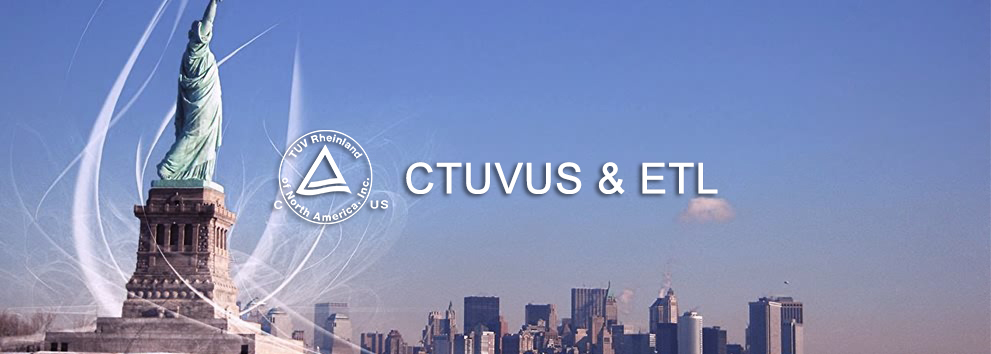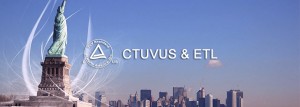North America: New safety standards for button/coin battery products
North America: New safety standards for button/coin battery products,
button/coin battery,
▍What is cTUVus & ETL CERTIFICATION?
OSHA (Occupational Safety and Health Administration), affiliated to US DOL (Department of Labor), demands that all products to be used in workplace must be tested and certificated by NRTL before being sold in market. Applicable testing standards include American National Standards Institute (ANSI) standards; American Society for Testing Material (ASTM) standards, Underwriter Laboratory (UL) standards, and factory mutual-recognition organization standards.
▍OSHA, NRTL, cTUVus, ETL and UL terms definition and relationship
OSHA: Abbreviation of Occupational Safety and Health Administration. It is an affiliation of US DOL (Department of Labor).
NRTL: Abbreviation of Nationally Recognized Testing Laboratory. It is in charge of lab accreditation. Up to now, there are 18 third-party testing institutions approved by NRTL, including TUV, ITS, MET and so forth.
cTUVus: Certification mark of TUVRh in North America.
ETL: Abbreviation of American Electrical Testing Laboratory. It was established in 1896 by Albert Einstein, the American inventor.
UL: Abbreviation of Underwriter Laboratories Inc.
▍Difference between cTUVus, ETL & UL
| Item | UL | cTUVus | ETL |
| Applied standard |
Same |
||
| Institution qualified for certificate receipt |
NRTL (Nationally approved laboratory) |
||
| Applied market |
North America (US and Canada) |
||
| Testing and certification institution | Underwriter Laboratory (China) Inc performs testing and issue project conclusion letter | MCM performs testing and TUV issues certificate | MCM performs testing and TUV issues certificate |
| Lead time | 5-12W | 2-3W | 2-3W |
| Application cost | Highest in peer | About 50~60% of UL cost | About 60~70% of UL cost |
| Advantage | An American local institution with good recognition in US and Canada | An International institution owns authority and offers reasonable price, also be recognized by North America | An American institution with good recognition in North America |
| Disadvantage |
|
Less brand recognition than that of UL | Less recognition than that of UL in certification of product component |
▍Why MCM?
● Soft Support from qualification and technology: As the witness testing lab of TUVRH and ITS in North American Certification, MCM is able to perform all types of testing and provide better service by exchanging technology face to face.
● Hard support from technology: MCM is equipped with all testing equipment for batteries of big-sized, small-sized and precision projects (i.e. electric mobile car, storage energy, and electronic digital products), able to provide overall battery testing and certification services in North America, covering standards UL2580, UL1973, UL2271, UL1642, UL2054 and so forth.
The United States recently published two final decisions in the Federal Register
Effective date: come into force from October 23, 2023. Taking into account testing availability, the Commission will grant a 180 days enforcement transition period from September 21, 2023 to March 19, 2024.
Final rule: incorporate UL 4200A-2023 into federal regulations as a mandatory consumer product safety rule for consumer products containing coin cells or coin batteries.
Effective date: come into force from September 21, 2024.
Final rule: the labeling requirements for button cell or coin battery packaging needs to meet the requirements of 16 CFR Part 1263. Since UL 4200A-2023 does not involve labeling of battery packaging, the labeling is required on button cell or coin battery packaging.
The source of both decisions is because the U.S. Consumer Product Safety Commission (CPSC) has approved a mandatory standard in the recent vote– ANSI/UL 4200A-2023, mandatory safety rules for consumer products containing button cells or button batteries.
Earlier in February 2023, in accordance with the requirements of “Reese’s Law” promulgated on August 16, 2022, the CPSC issued a Notice of Proposed Rulemaking (NPR) to regulate the safety of consumer products that containing button cells or button batteries (referring to MCM 34th Journal).










